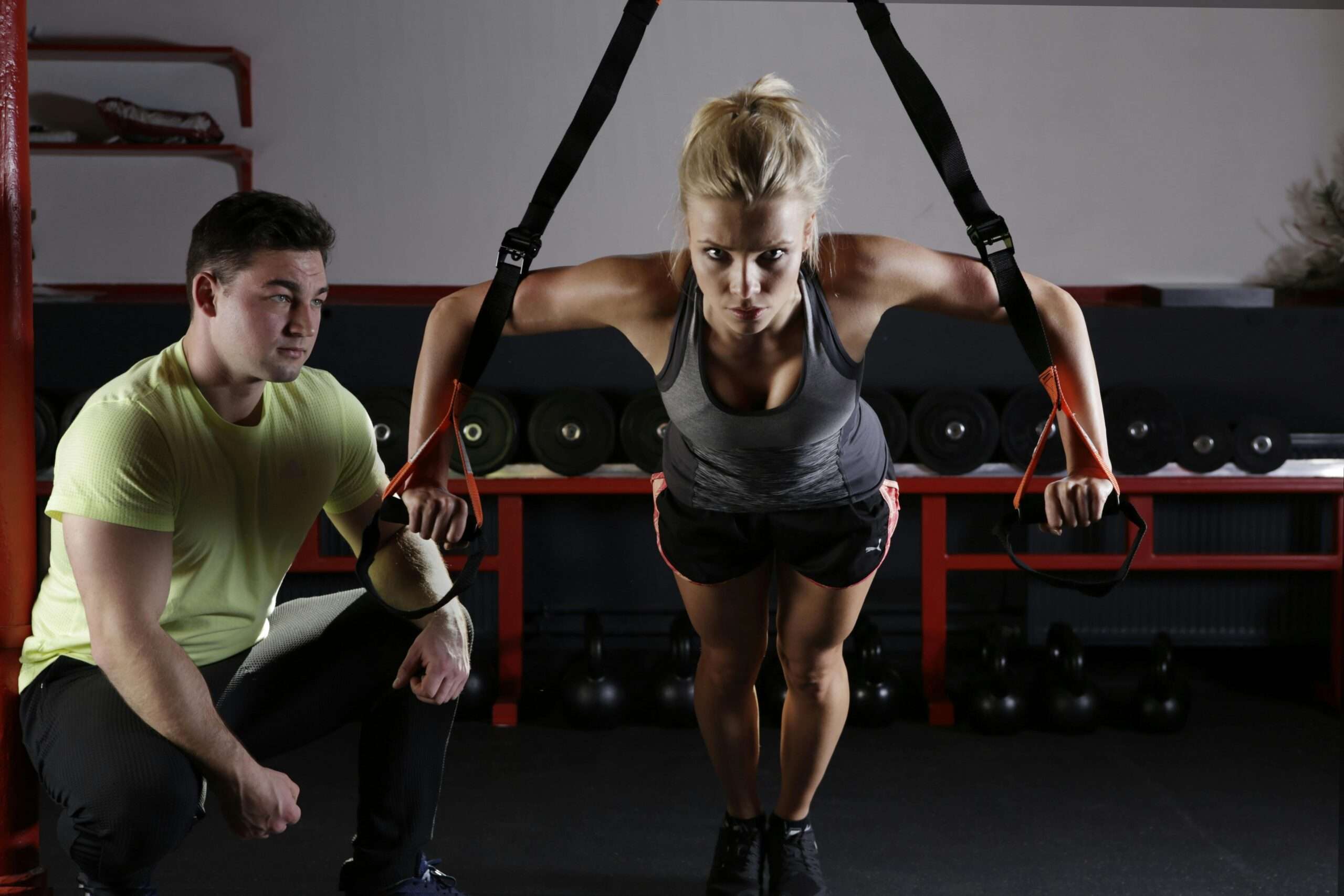Gymtimidation, the feeling of intimidation or anxiety when entering a gym, is a common experience for many people, particularly those new to fitness or returning after a long hiatus. Overcoming this fear can be challenging, but with the right strategies, it is entirely possible to beat gymtimidation and make the most of your fitness journey.
One of the first steps to overcoming gymtimidation is proper preparation. Before heading to the gym, take time to familiarize yourself with basic exercises and equipment. Many gyms offer introductory sessions or tours, which can help you become more comfortable with the layout and available resources. Watching instructional videos or reading up on workout routines can also build your confidence.
Setting clear, achievable goals is another effective way to reduce anxiety. Knowing what you want to accomplish during your gym visit provides a sense of purpose and direction. Start with simple, realistic goals, such as spending 20 minutes on the treadmill or completing a basic strength training circuit. As you become more comfortable, you can gradually increase the complexity and intensity of your workouts.
Planning your gym visits during off-peak hours can also help alleviate feelings of intimidation. Gyms tend to be less crowded early in the morning, late in the evening, or during mid-afternoon. Fewer people around means less pressure and more access to equipment, making it easier to focus on your workout.
Wearing comfortable, appropriate gym attire can boost your confidence as well. Choose clothes that fit well and allow for a full range of motion. Investing in good quality shoes designed for your specific activities can also make a big difference. Feeling good in what you’re wearing can positively impact your mindset and performance.
Bringing a workout buddy can significantly reduce gymtimidation. A friend can provide support, encouragement, and accountability, making the experience more enjoyable. If you don’t have a workout partner, consider joining a group fitness class. These classes offer a structured environment led by an instructor, which can be less intimidating than navigating the gym alone.
Focus on your own progress rather than comparing yourself to others. It’s easy to feel self-conscious when surrounded by people who seem more fit or experienced. Remember that everyone started somewhere, and the most important thing is that you are taking steps to improve your health. Tracking your progress through a journal or app can help you stay motivated and recognize your achievements.
Learning proper form and technique is crucial for both safety and confidence. Poor form can lead to injuries and decreased effectiveness of your workouts. Many gyms have personal trainers who can teach you how to perform exercises correctly. Even a few sessions with a trainer can make a significant difference in your comfort level and performance.
Maintaining a positive mindset is essential in overcoming gymtimidation. Replace negative thoughts with affirmations and remind yourself why you started. Celebrate small victories and progress, no matter how minor they may seem. Visualization techniques, such as imagining yourself successfully completing a workout, can also help reduce anxiety.
Practicing mindfulness and stress-reduction techniques can be beneficial as well. Deep breathing exercises, meditation, and stretching can help calm your mind and prepare your body for exercise. Taking a few minutes to center yourself before starting your workout can make a big difference in how you feel.
Lastly, remember that it’s okay to ask for help. Gym staff are there to assist you, and most people are willing to offer advice if asked politely. Seeking guidance shows a commitment to improving your fitness and can lead to new friendships and support networks within the gym community.
Beating gymtimidation is a process that takes time and effort, but with persistence and the right strategies, you can transform the gym into a positive and empowering space. Embrace the journey, celebrate your progress, and focus on the long-term benefits of a healthier, stronger you.
















































